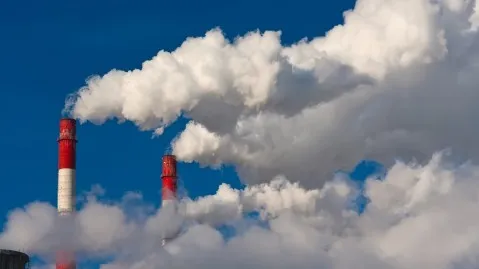
SG power sector’s 2050 net-zero target is ‘realistic’: experts
Transformational changes will be needed in the country’s energy value chain.
The goal of Singapore's power sector to achieve net-zero emissions by 2050 is feasible but the entire energy value chain would need to undergo transformational changes, according to energy experts.
In the report, the Energy 2050 Committee, commissioned by the Energy Market Authority (EMA) and composed of experts from the private and public sector, said the country’s power sector would have to step up its decarbonisation efforts across its entire power sector value chain, whilst balancing the trade-offs to achieve its net-zero goals by 2050.
“It is technically viable for the Singapore power sector to achieve net-zero emissions, while maintaining energy security and affordability. The Committee also believes that it is realistic for the sector to aspire to do so by 2050,” the report read.
“During the transition towards a net-zero carbon emissions world, there will be economic growth opportunities that Singapore can position itself to capture. It can meet the growing global demand for sustainable energy solutions by establishing itself as a technology frontrunner, and becoming a test-bed and living lab for innovative solutions,” it added.
The report said that Singapore is “alternative energy-disadvantaged” and solar power is currently the most viable renewable energy source in the country. However, it flagged that there is a limit to its deployment due to limited land and water spaces, noting that transformational changes are needed across the country’s value chain.
To achieve this, the country should prepare to pursue three strategies which include embarking on economy-wide energy conservation and energy efficiency efforts to manage total and peak electricity demand.
The country should also leverage on different low-carbon supply options, whilst ensuring energy security and affordability, and transform the grid using new technologies and storage capabilities that will support the sector’s decarbonisation.
The report noted that electricity imports, hydrogen, solar, and energy storage systems will play a key role in the country’s energy system, whilst new low-carbon supply alternatives and carbon markets will also come in.
It added that efforts to manage energy demand growth and shape end user consumption will provide a “longer runway to deploy supply-side measures, while also lowering costs for the system.”
However, the Committee said that the energy transition will be “highly dynamic” due to the uncertainty of geo-economic trends and technology.
“This major energy transition will invariably involve trade-offs which Singapore has to carefully manage. This would inevitably result in an increase in cost, but it is unavoidable if Singapore wants to make the energy system more sustainable and secure in a carbon- constrained future. Despite the challenges, Singapore should approach this endeavour with hope and optimism,” it said.
In a statement by the EMA, Choi Shing Kwok, chairman of the Energy 2050 Committee, said that asied from the critical role that the government will play in the energy transition, it is also important for all the other sectors and citizens “to embrace the need for energy transition and contribute.”
“We are optimistic that this can happen, and Singapore can arrive in 2050 with a brighter and greener future,” he said.
EMA Chief Executive Ngiam Shih Chun said the study will serve as an “invaluable guide and will help to signal the path ahead to all the key stakeholders in the energy sector."
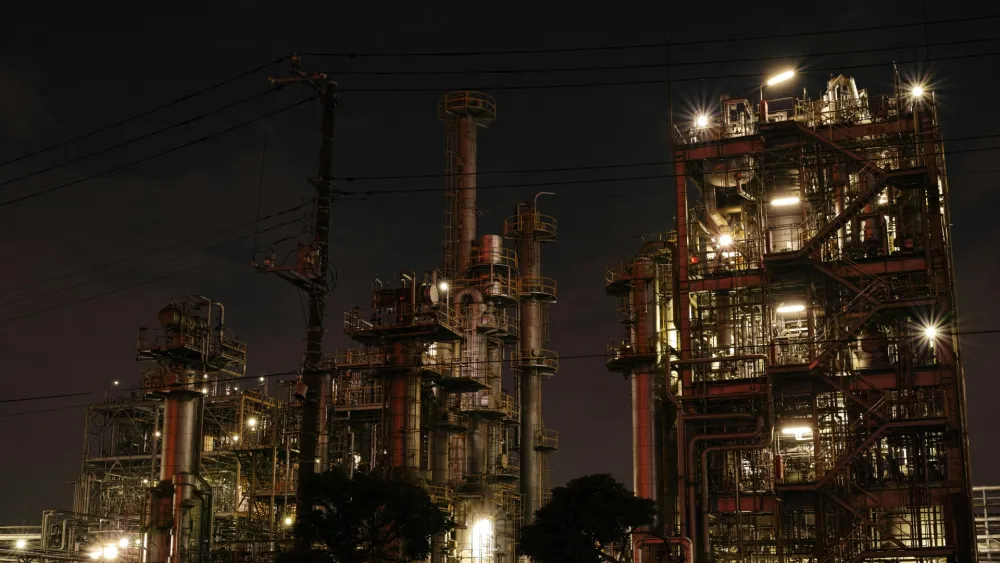
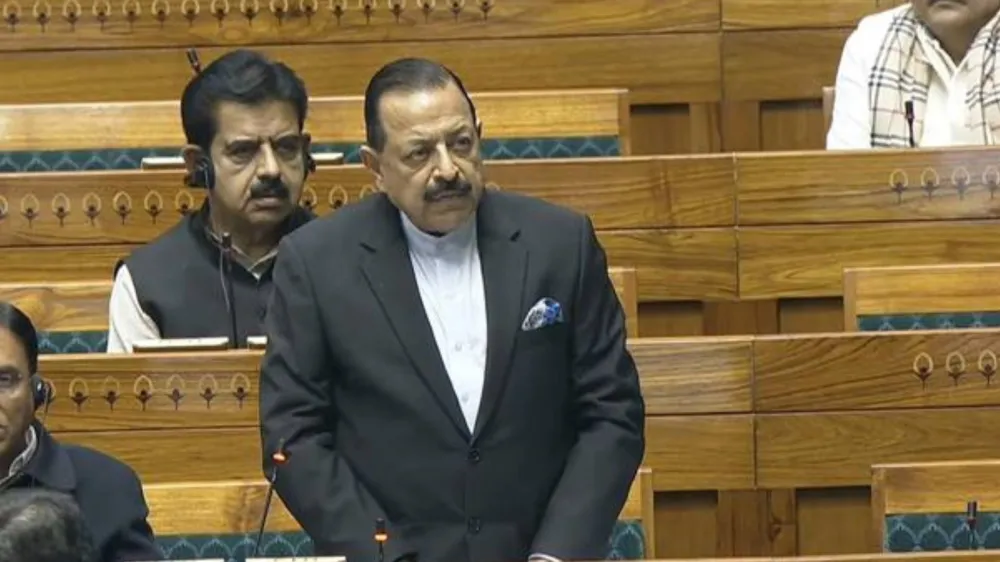

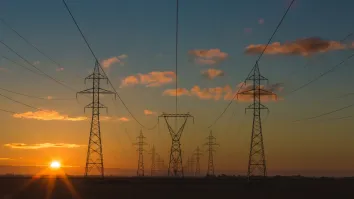
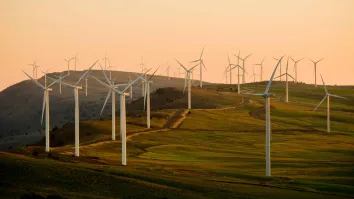














 Advertise
Advertise







